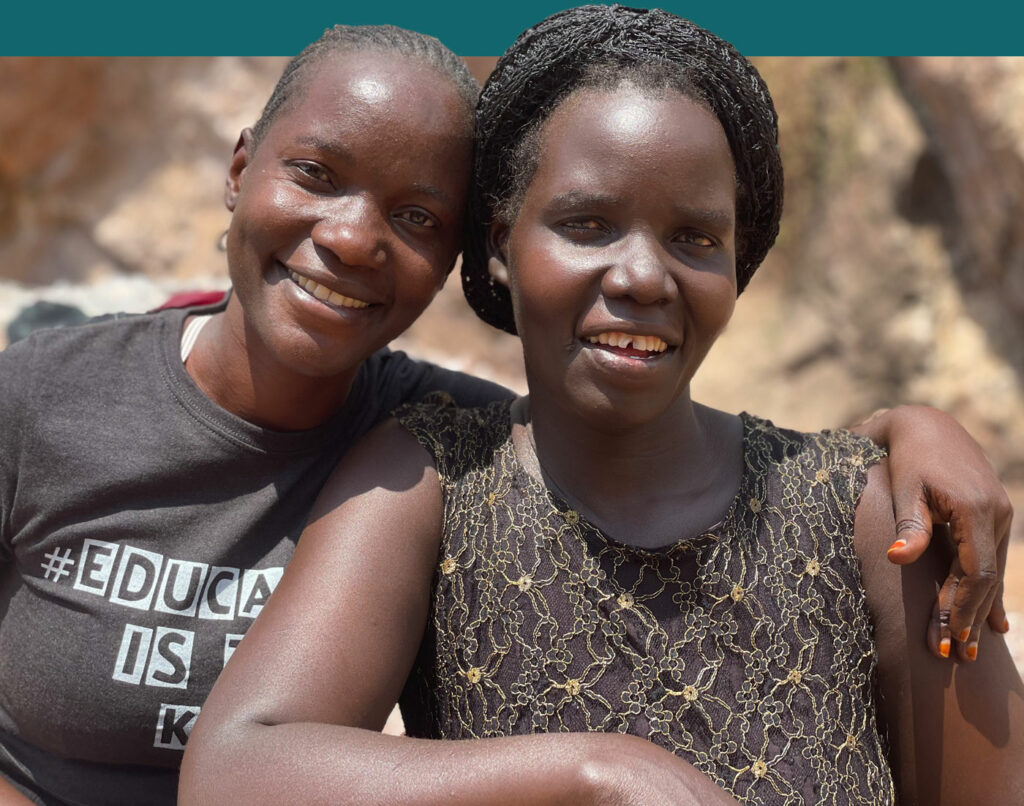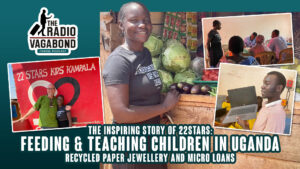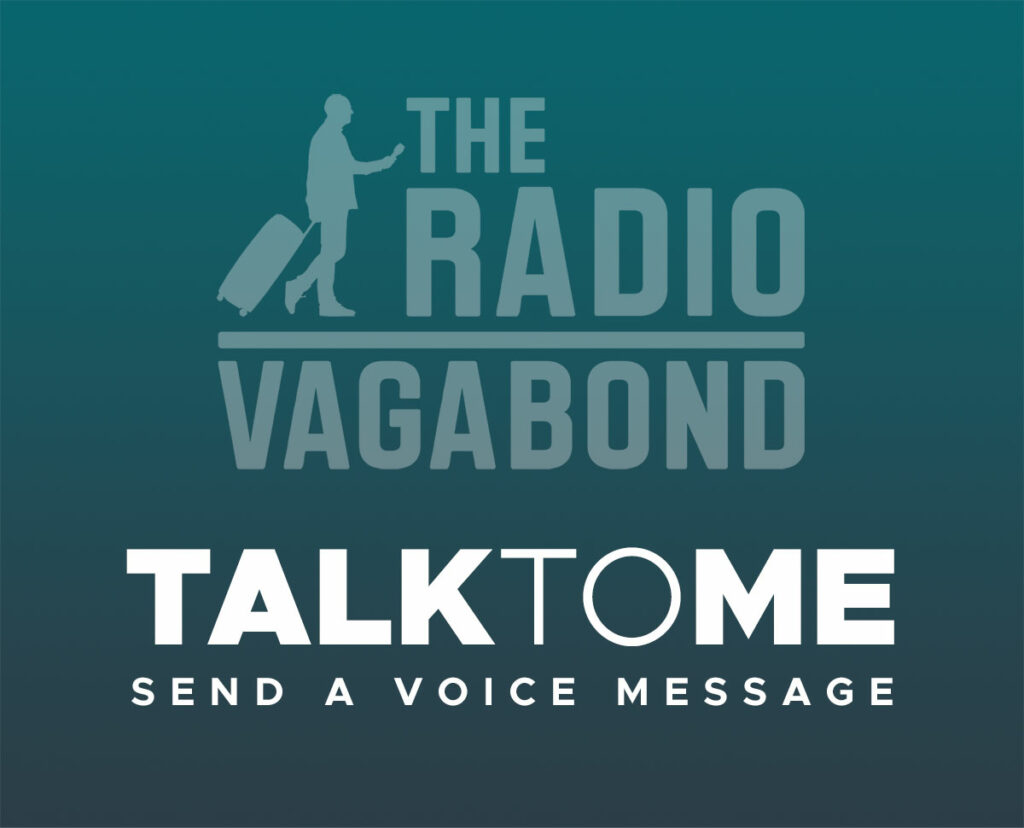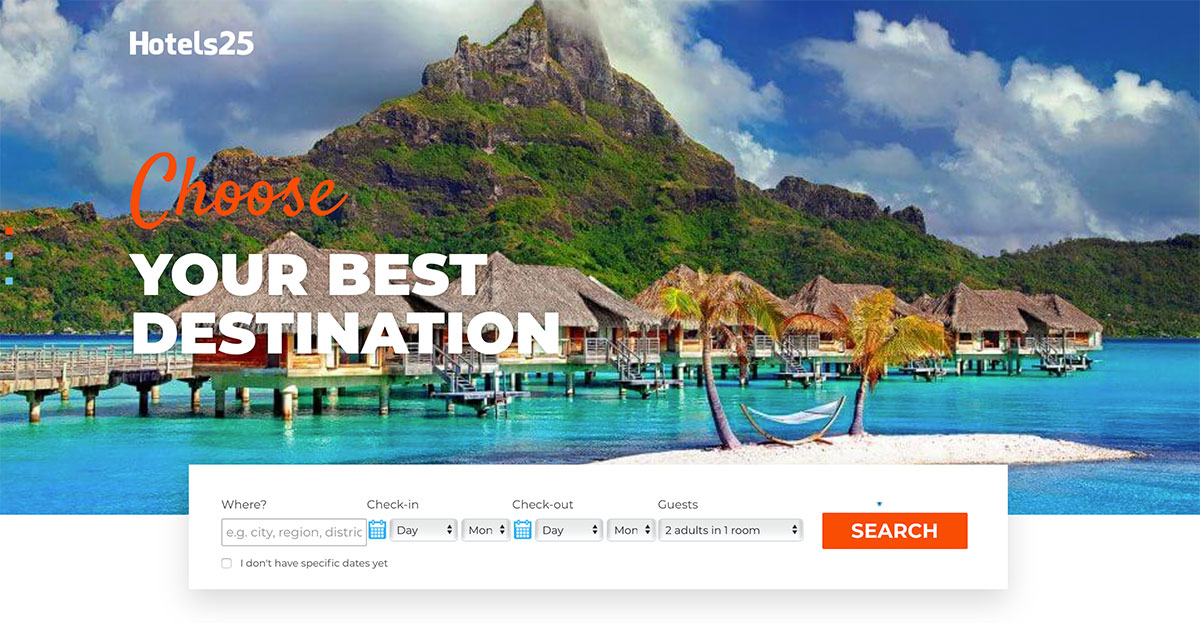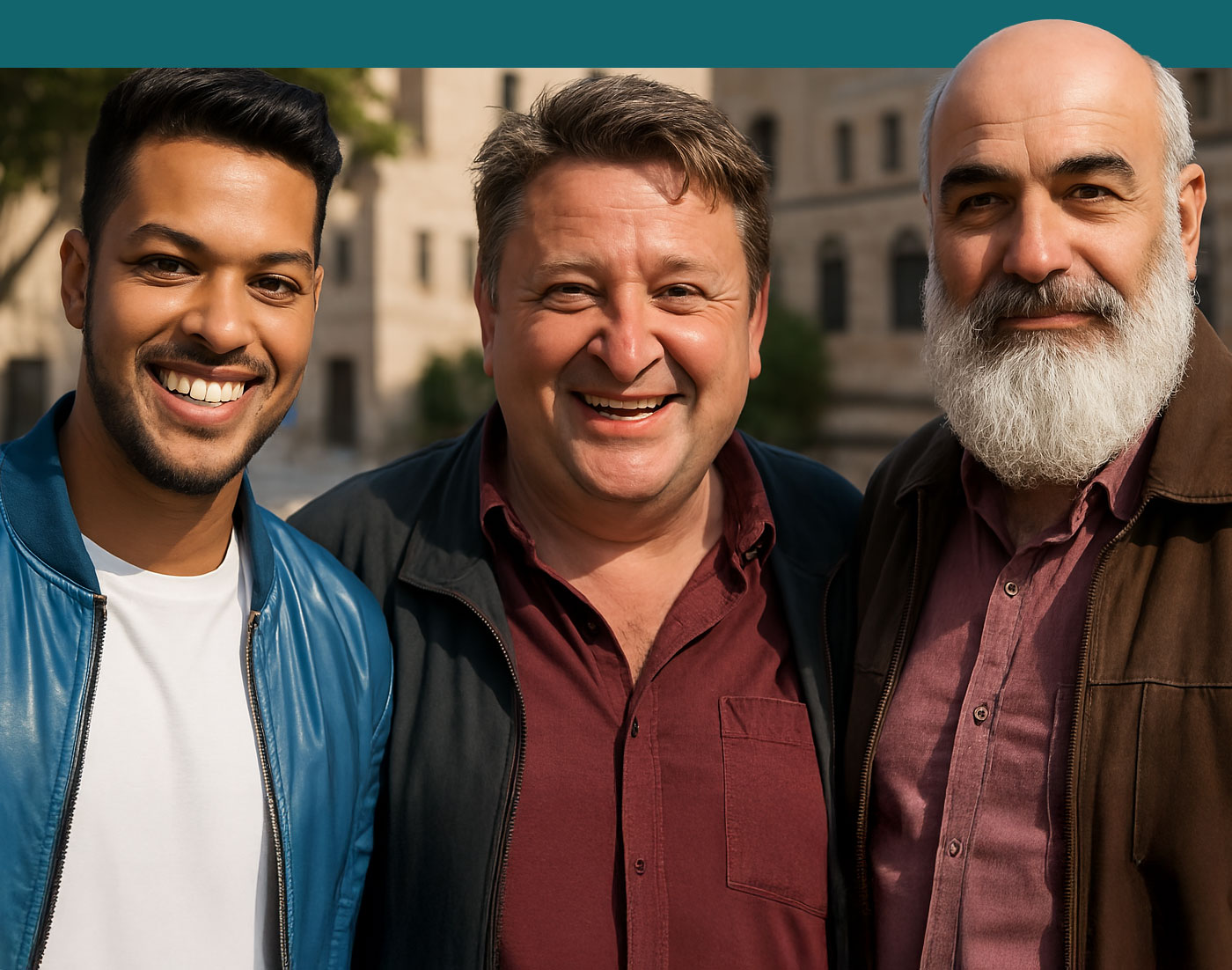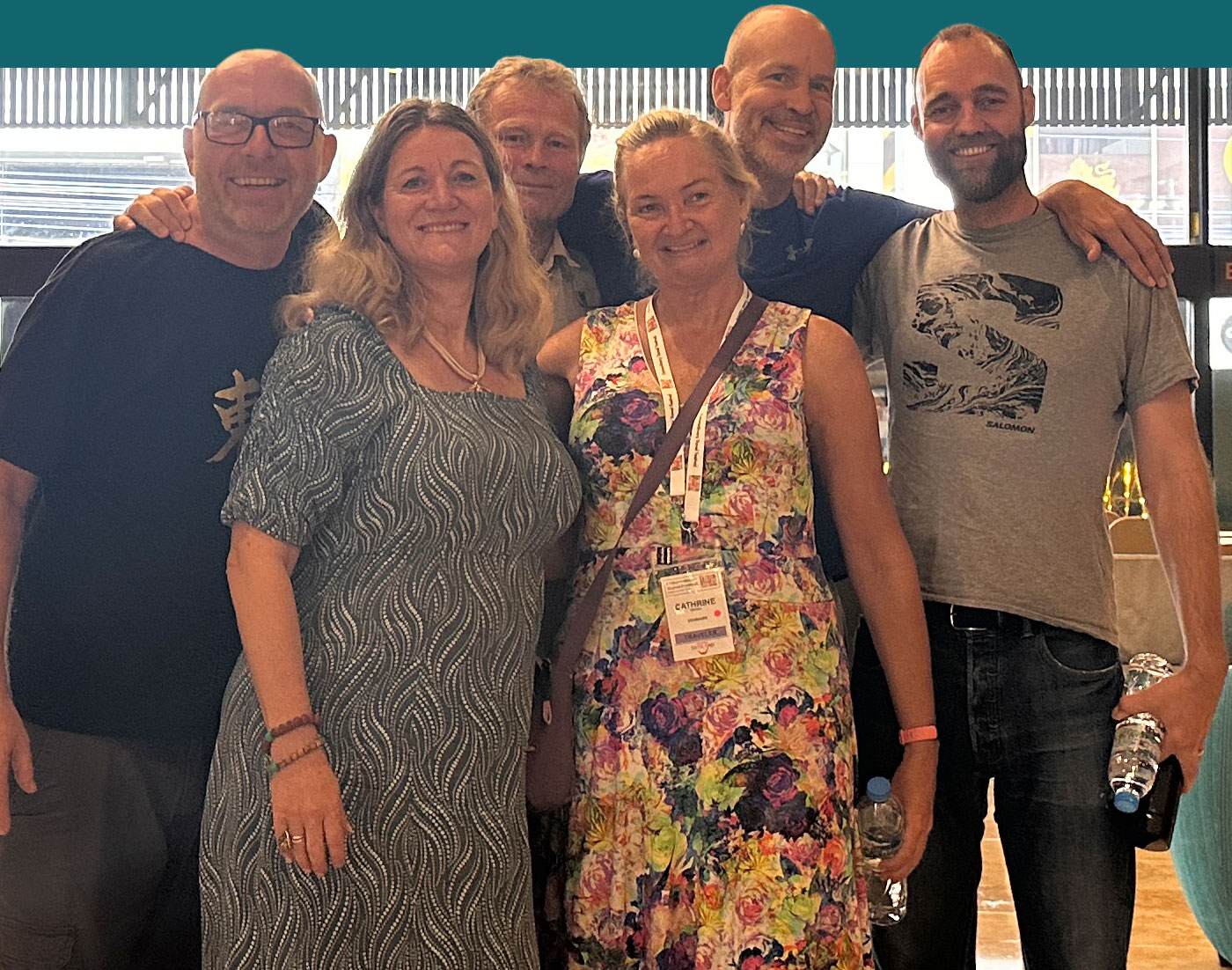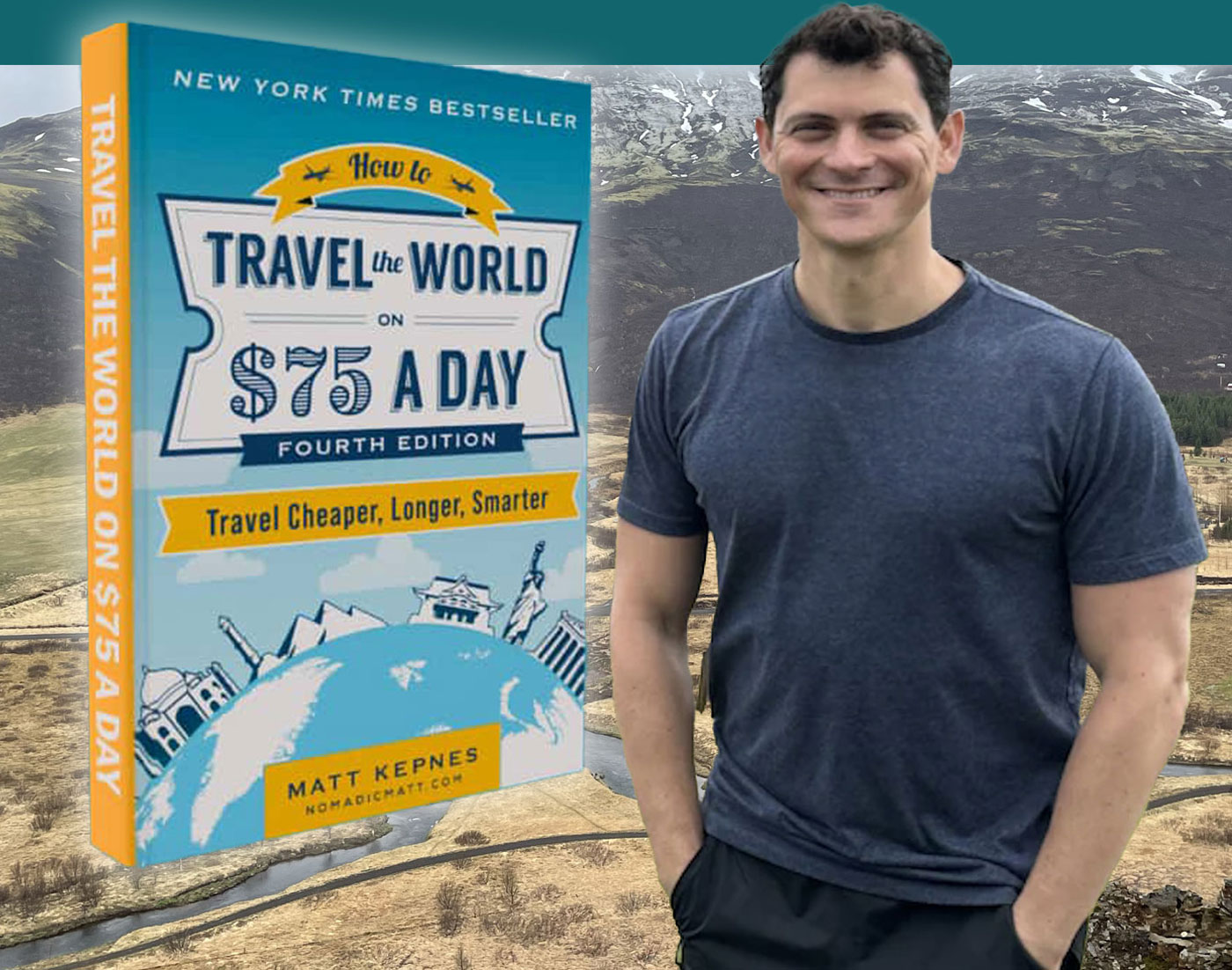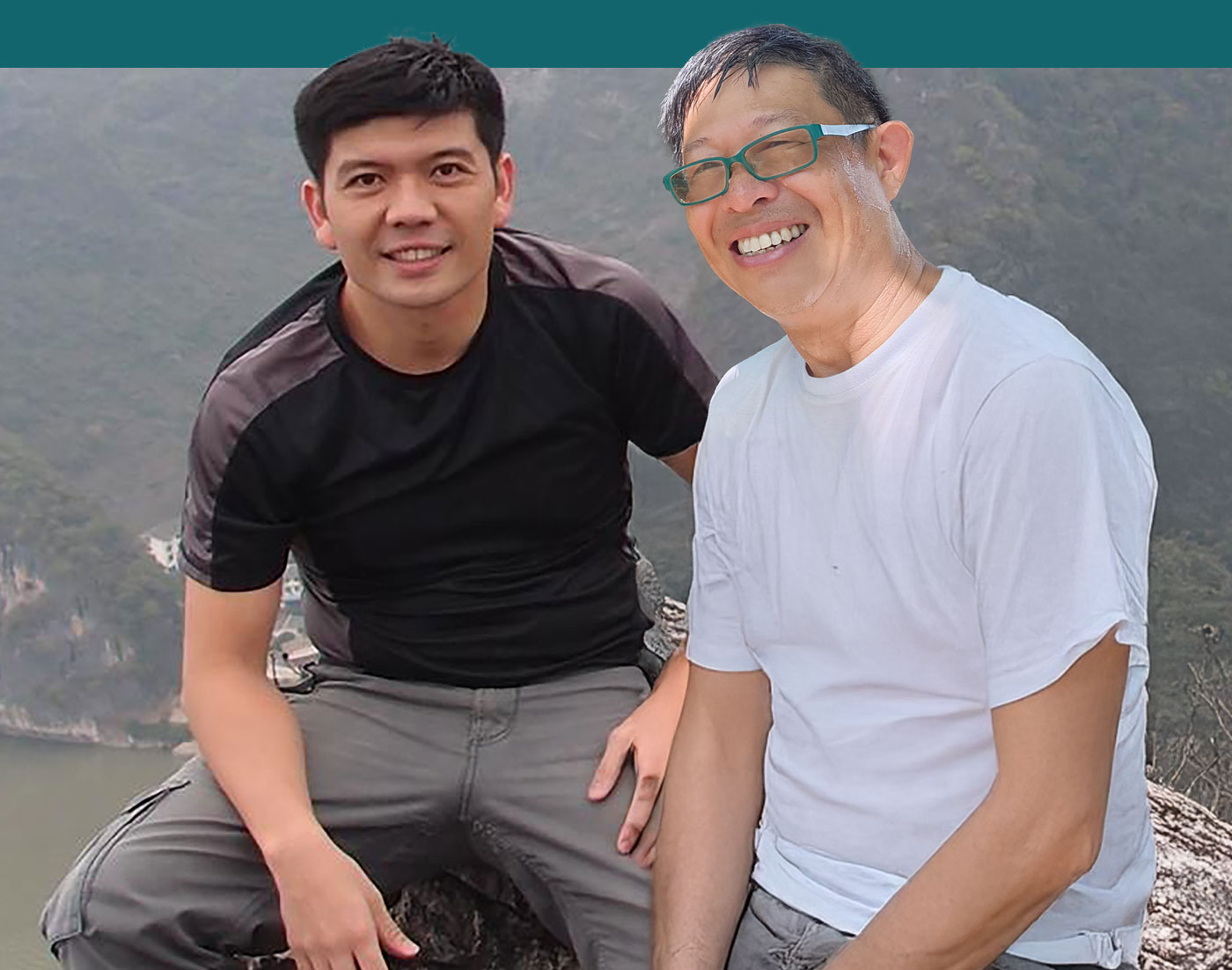Back in Kampala
Welcome to part 2 of a mini-series of three episodes from the Acholi Quarter in Kampala, Uganda. If you’ve heard the first part, you would know that it’s a quarter with challenges, that’s getting help from a foundation called 22STARS. They also make jewellery from recycled paper, and 22STARS helps them sell it worldwide.
You should go back and listen before this one if you haven’t heard it.
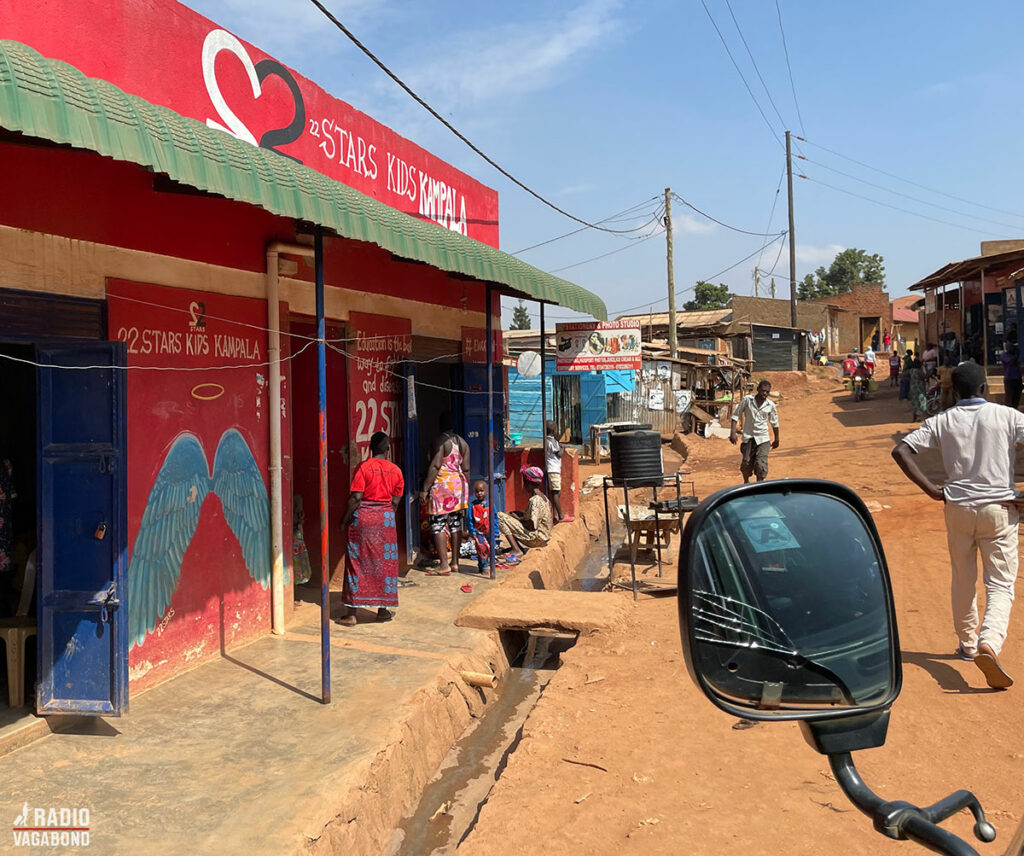
DON’T CALL IT A SLUM
In my work with these episodes, every time I’ve read up on this quarter, it’s been referred to as “a slum.” Maybe it’s just me. But I’m not too fond of that label. So, I looked into what can be classified as a slum area. Here’s what I found:
“The housing units in slums are usually substandard and lack Basic amenities such as clean water, sanitation, ventilation, and electricity. Slum areas are characterised by high population density, with many people living in small spaces. And they typically lack access to basic services such as health care, education, and sanitation facilities.
Slums also often have poor infrastructure, including unpaved roads, limited or no access to public transport, and inadequate sewer system. Plus, often with a high level of poverty and unemployment which can lead to social problems such as crime, drug abuse, and other forms of social deprivation.”
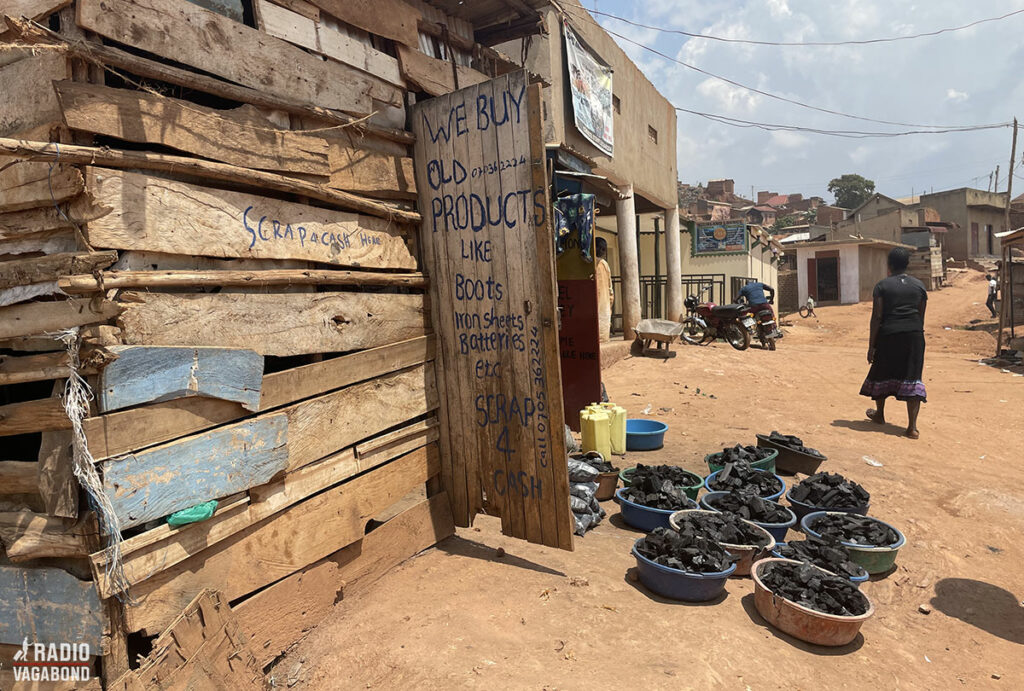
So, with that definition, the Acholi Quarter in Kampala, Uganda, can be classified as a slum, but it is so much more. It’s also a vibrant and lively neighbourhood that bursts with energy and personality.
” While it may be a factually accurate description of the living conditions in the Acholi Quarter, the use of the term “slum” can also be seen as stigmatizing and degrading to the residents who live there.
So, instead of using the term “slum,” it may be more appropriate to use terms such as “informal settlement” or “underserved community” to describe the Acholi Quarter while also acknowledging the challenges faced by residents and the need for greater investment in infrastructure, services, and opportunities.”
From the moment I step foot in this bustling community, I’m swept up in the sights, sounds, and smells of everyday life. In this episode, I’ll walk into the area with Susan Laker and Nicholas Basalirwa from 22STARS. This organization has done much in recent years to improve the living conditions in this area, such as initiatives to provide better housing, sanitation, education, and access to services.
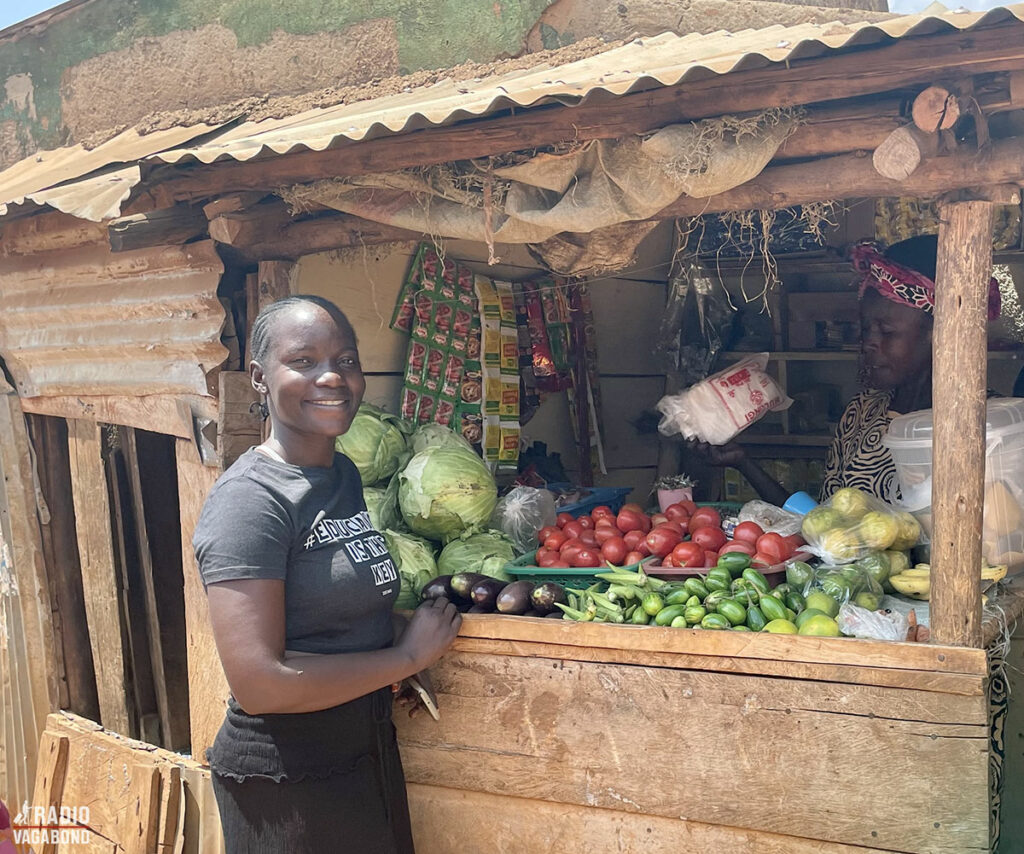
WALKING TOUR IN THE COMMUNITY
In the latest episode, they gave me the lowdown on the microloans they’ve been handing out to help small local businesses, and now they’re showing me some of the success stories. As we walk, the aroma of sizzling street food surrounds us. Vendors are hawking everything from grilled meat skewers to piping hot samosas. And then, there it is: “Rolex.” I’ll get back to that.
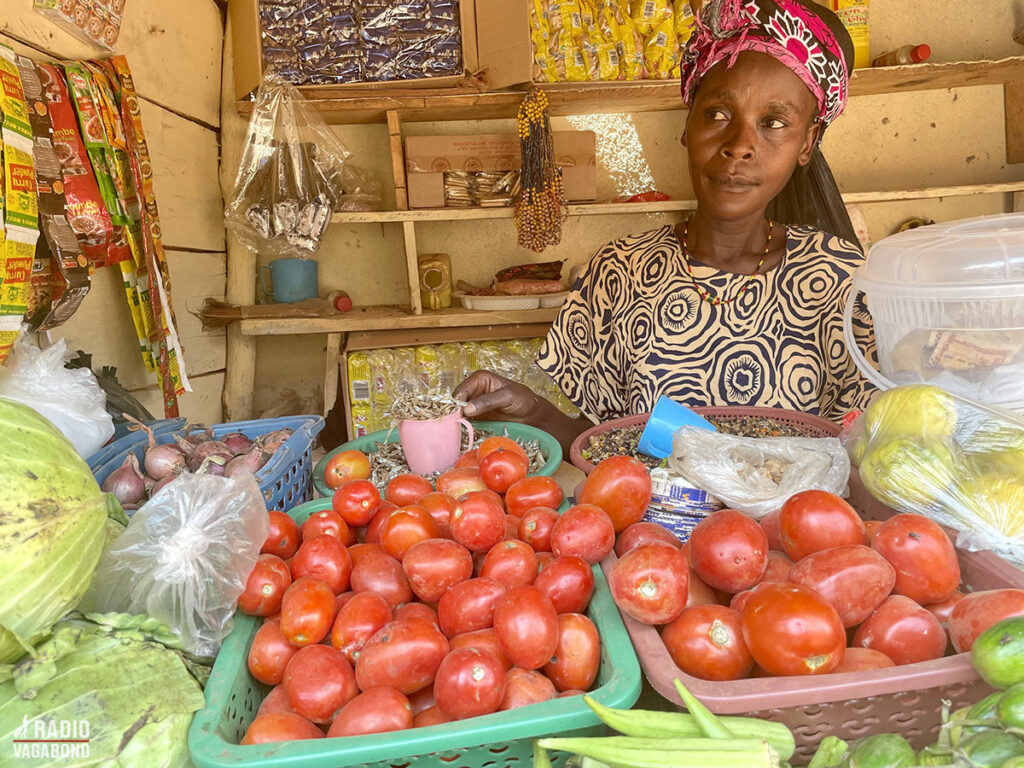
As we weave through the area, Susan points out some small businesses that have benefited from 22STARS’ microloans. It’s clear that this organization has significantly impacted the community, and first, we meet Ashan Grace, who has a small food stand.
Susan introduces her:
“She’s one of our beneficiaries. She has one child in the project, and she is also benefiting from the small business loans. She was making beads before, but because of Corona, she had to go back to selling food. She’s doing very well. She goes to the big down and buys vegetables and then, she splits them into a small quantity so that it can meet the level of the community. Because here, no one can afford to go to the supermarket and buy at the high price. But when she buys in bulk directly from the vehicle this one is sold at 100 shillings.”
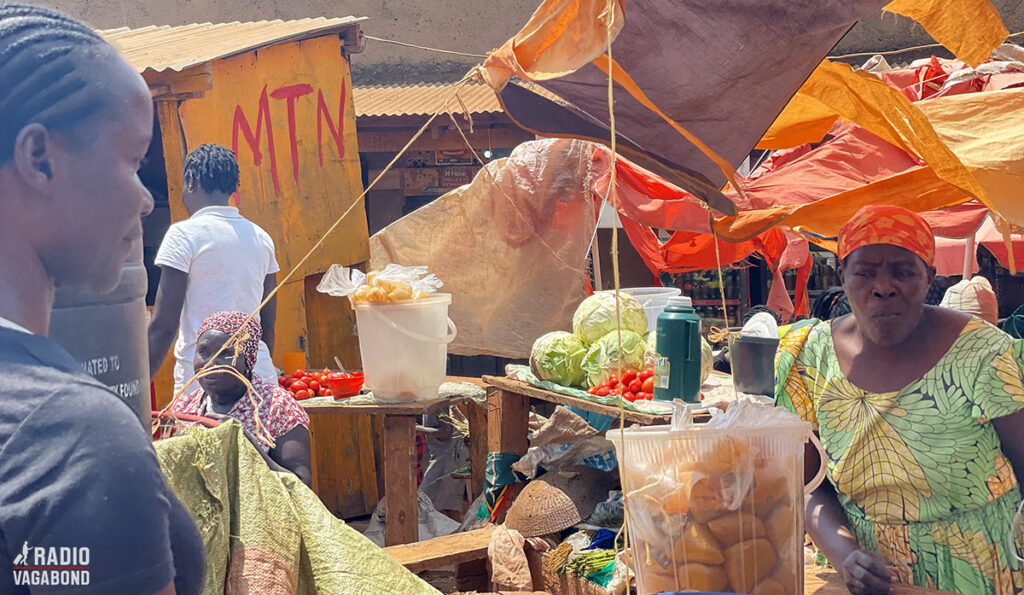
GETTING A ROLEX
Beyond its reputation as a bustling hub of activity, Acholi Quarter is a testament to the resilience and strength of its people. This is never more evident than when Susan introduced me to Abdul Doreen. Despite her disability, Abdul is up at the crack of dawn, making one of Uganda’s most beloved street foods: Rolex. This delicacy features a perfectly rolled chapati filled with eggs and veggies – the kind of dish that’ll make you forget all your troubles. And no, the name has nothing to do with the fancy timepiece brand. It’s actually a clever combination of “rolled” and “eggs.”
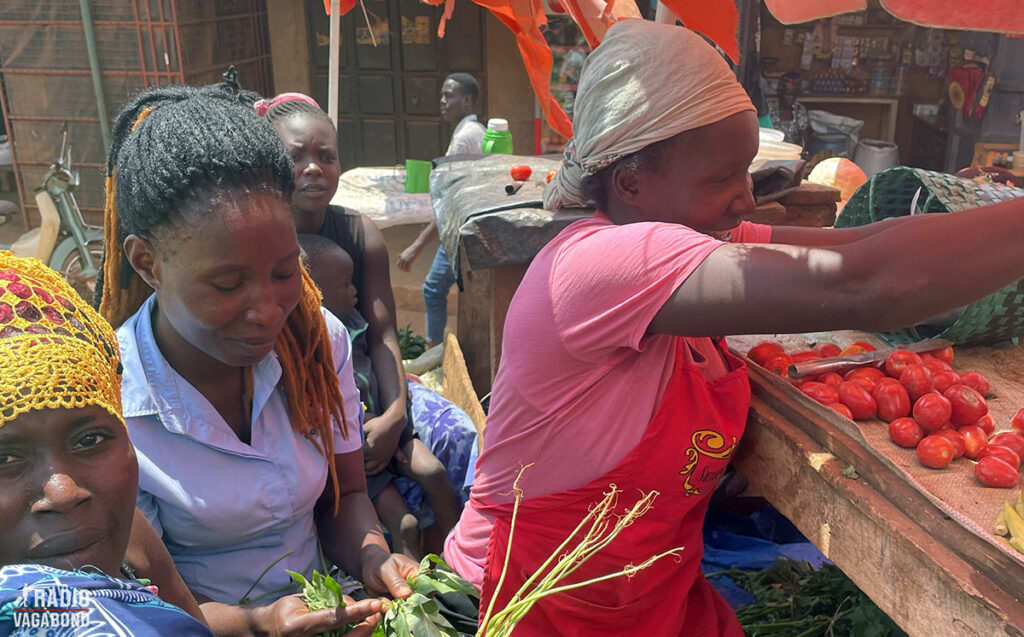
“She has three two kids sponsored by 22STARS and she does not let the disability put her down. She’s a very strong woman. She starts very early in the morning at six o’clock and here until afternoon. After 2-3 hours of rest, she’s back again to be here in the evenings.”
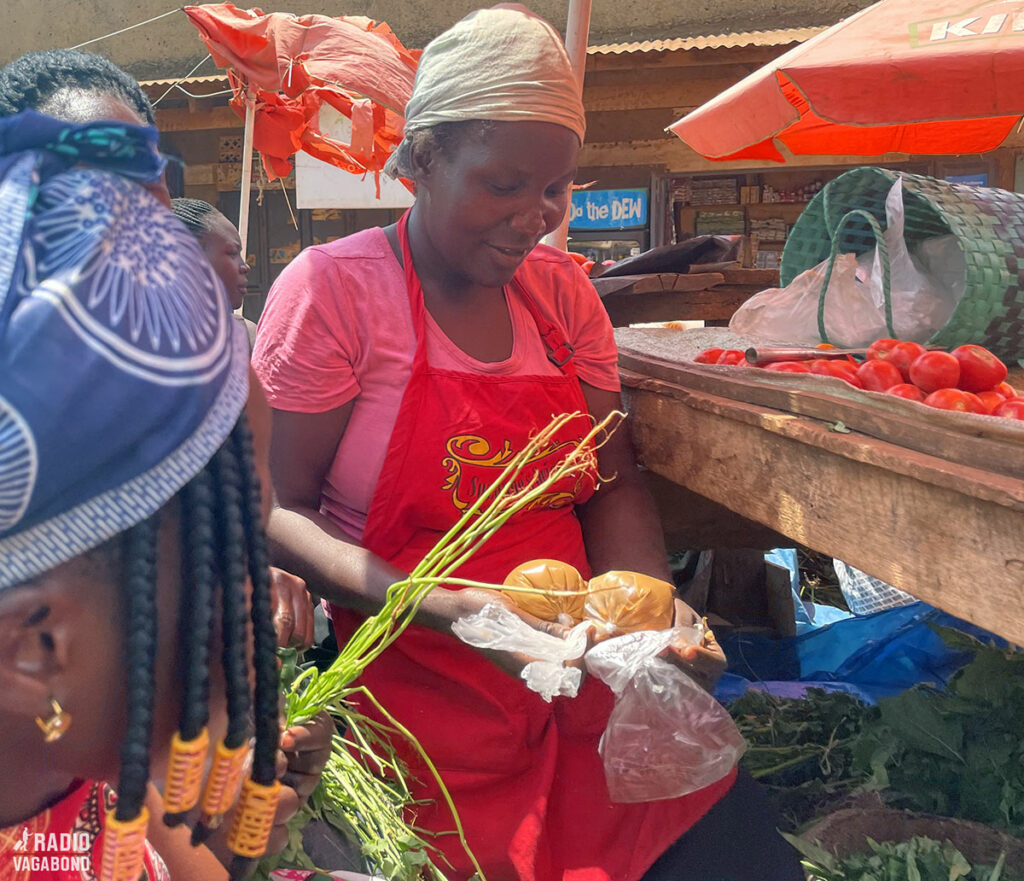
This community was established by refugees who had fled from the conflict in northern Uganda. Despite facing insurmountable challenges, they have created a thriving and tightly-knit community. It’s nothing short of remarkable.
Many locals have started their own businesses, ranging from retail shops to tailoring and hair salons. There are a lot of outdoor shops where vendors sell everything from vegetables to delicious street food.
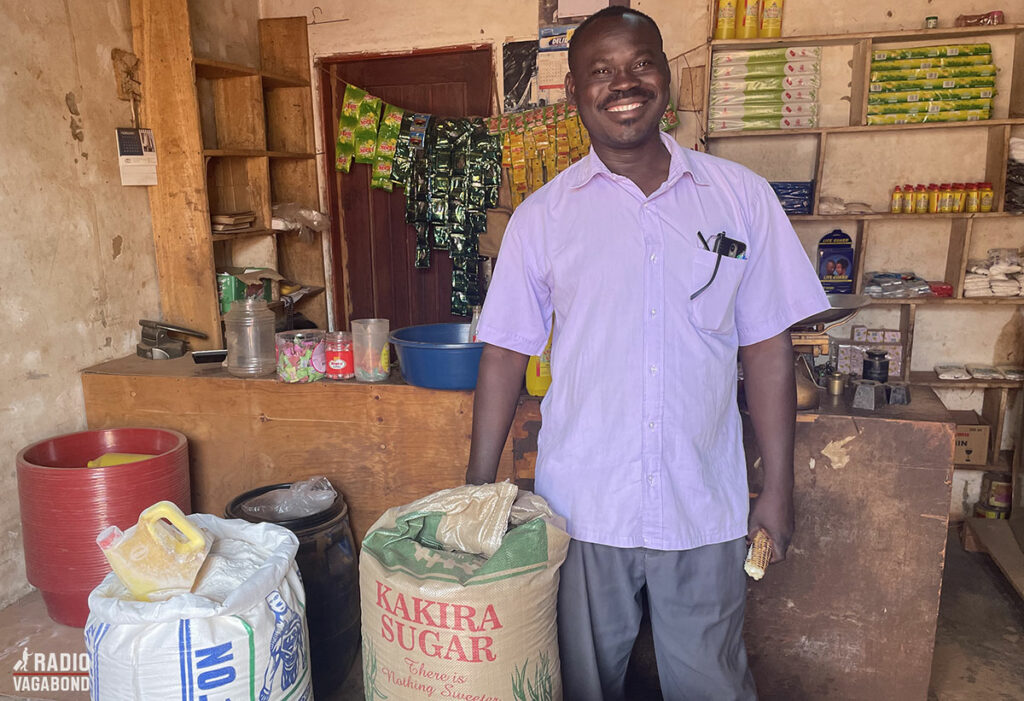
Despite the numerous obstacles that Acholi Quarter has encountered, it remains a place of hope and inspiration. The people here are a shining example of the power of community and the incredible strength that can be harnessed in even the most trying of circumstances.
As I speak with the locals, I am struck by their warmth, sense of humor, and unwavering determination to build a better life for themselves and their families. It’s truly inspiring to see firsthand how they’ve turned their struggles into triumphs.
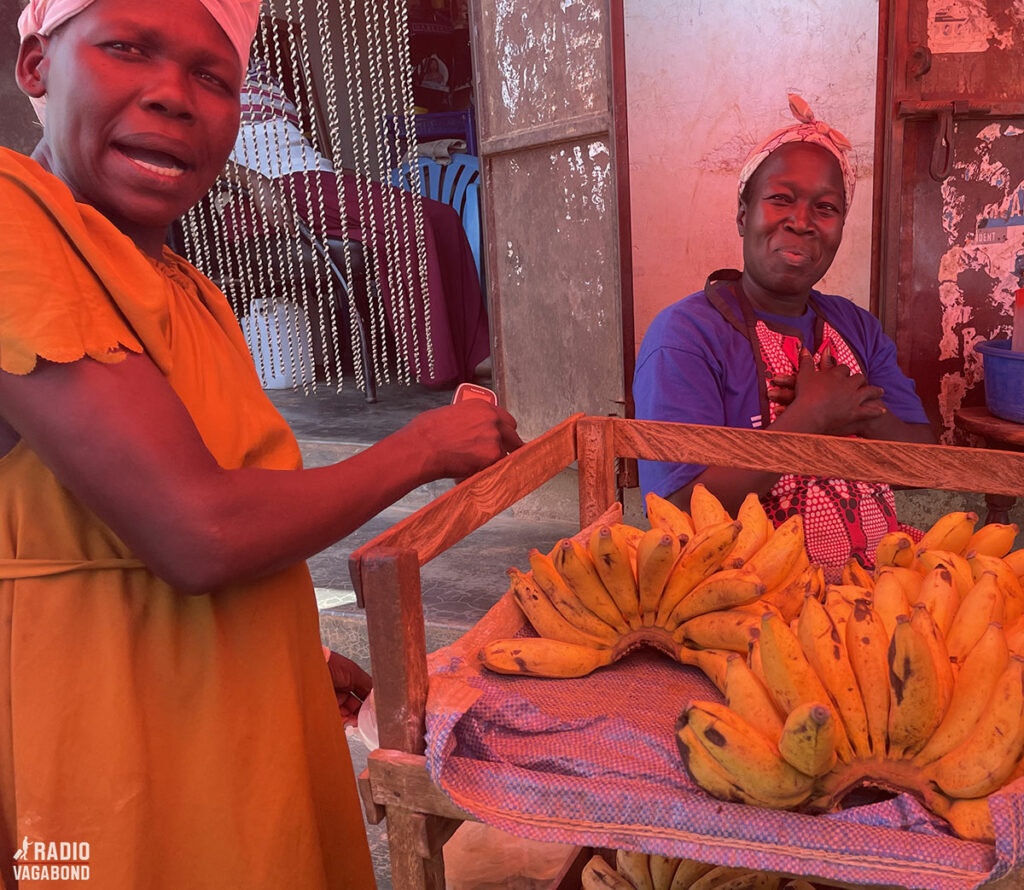
DRINKING AND DOMESTIC VIOLENCE
As I looked around, I couldn’t help but notice a group of guys having drinks in the middle of the afternoon. It got me thinking, so I asked Nicholas if alcoholism was a problem in this community.
“Unfortunately, yes. Alcoholism is a significant issue here, and it has contributed to high rates of domestic violence. You see, in this culture, women are expected to work and respect their husbands. However, most husbands drink heavily during the day with the other men. When they come home, they take out their frustrations on their wives, resulting in a lot of domestic violence.”
Nicholas went on to explain that due to high unemployment and a lack of education, many people here end up turning to alcohol as a way to escape their problems. They spend their money on booze instead of providing food for their families. Most women are not even allowed to work by their husbands, but as they face mistreatment, they yearn to start working. Unfortunately, their husbands won’t let them; if they try to, they face severe beatings.
Despite these challenges, things are starting to change.
“That’s why the small business loan program is such a great thing. Most of the people benefiting from it are women, and it’s been very positive for the community. Others are changing their mindset as they see how these women are developing at a rapid pace.”
It’s heartening to see that progress is being made, but there’s still a lot of work to be done to address these deep-rooted issues.
WEATHER OF KAMPALA
Kampala experiences a tropical savannah climate characterized by two rainy and two dry seasons. The rainy seasons are from March to May and from October to November, while the dry seasons are from December to February and from June to August.
During the dry seasons, the temperatures range from 25°C to 30°C (77-86 F), and the humidity is relatively low. The weather is pleasant, and there is minimal rainfall, making it ideal for outdoor activities and sightseeing. So, this is also the best time to visit Kampala, but that also makes it the peak tourist season and accommodation and travel costs may be higher during this time.
During the rainy seasons, Kampala experiences heavy rainfall, and flooding is not uncommon. The temperatures range from 20°C to 28°C (68-82 F).
Kampala is 21.71 mi (34.95 km) north of the equator, so the temperatures don’t change much. Overall, the area has a warm and comfortable climate throughout the year, and you can enjoy the city’s attractions anytime.
STONE QUARRY
As we ascend to the hilltop, we arrive at the quarry – a gritty place where laborers hack away at rocks and building materials. It’s nestled smack in the middle of the teeming Acholi Quarter, where life is raw and unvarnished. Beyond the quarry, there’s a water hole that locals have nicknamed “the beach.” But make no mistake; there’s nothing idyllic about it.
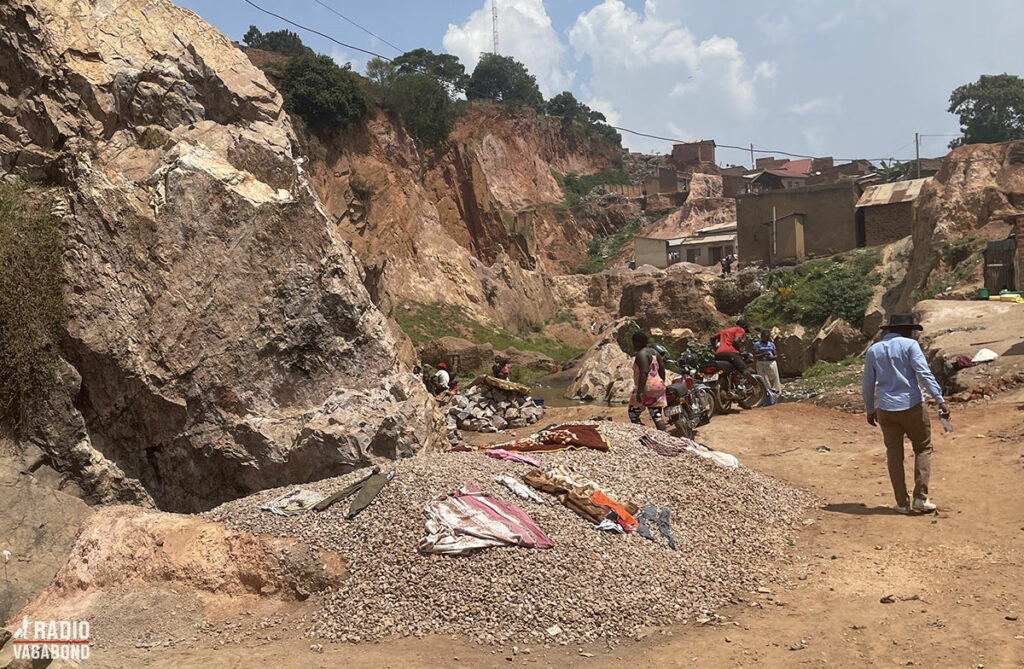
As Susan shows me around, she points to the pulverized stones that litter the landscape. “These used to be whole rocks, but we crushed them to pieces,” she says. “Now they’re just scars on the earth.” She goes on to explain that when it rains, the water fills the “beach” with a murky brown liquid. “That’s when we have no work to do, and our families go hungry,” she laments.
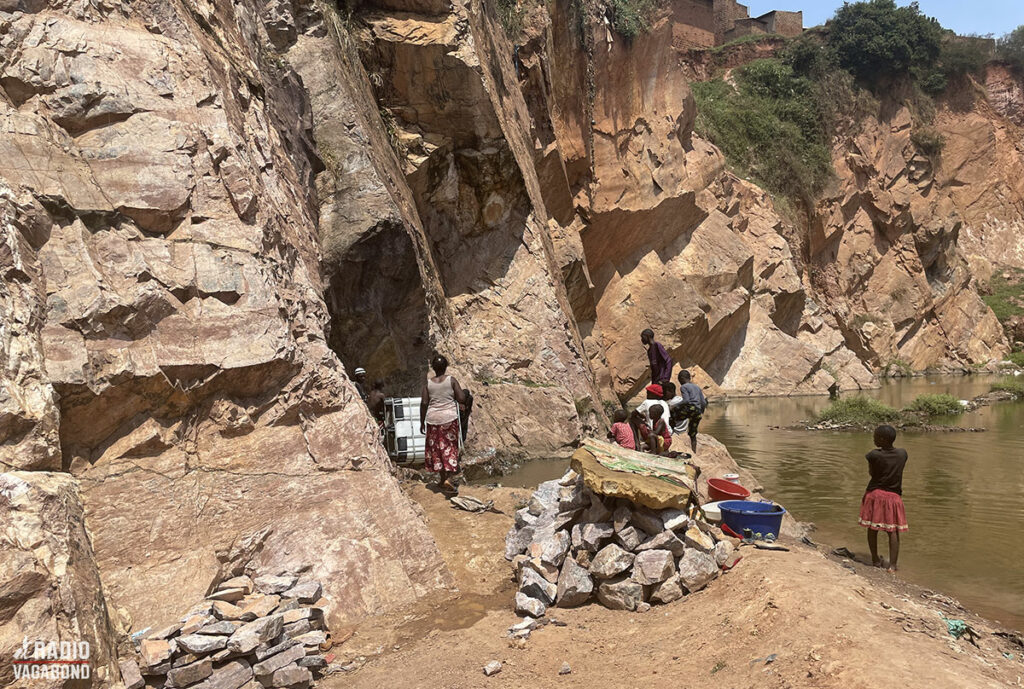
Desperate times call for desperate measures, and many in the community turned to craft beads as a way to survive. But when the pandemic hit, and the market dried up, it was back to square one. “People suffered a lot,” Susan tells me, her voice heavy with emotion. It’s a stark reminder that life in this part of the world is a constant struggle, and resilience is a quality that’s in short supply.
The quarry is a place where physical labor meets danger head-on. The workers toil away, extracting stones and breaking rocks using hand tools like hammers and chisels. It’s a grueling process that requires strength, endurance, and a willingness to put oneself at risk. Susan gestures towards the waterhole, where the rocks are brought after they’ve been broken down. “The men bring the rocks here and break them into medium-sized pieces,” she explains. “Then, the ladies and children crush them into smaller pieces. These stones are used to build the concrete houses you see around here.”
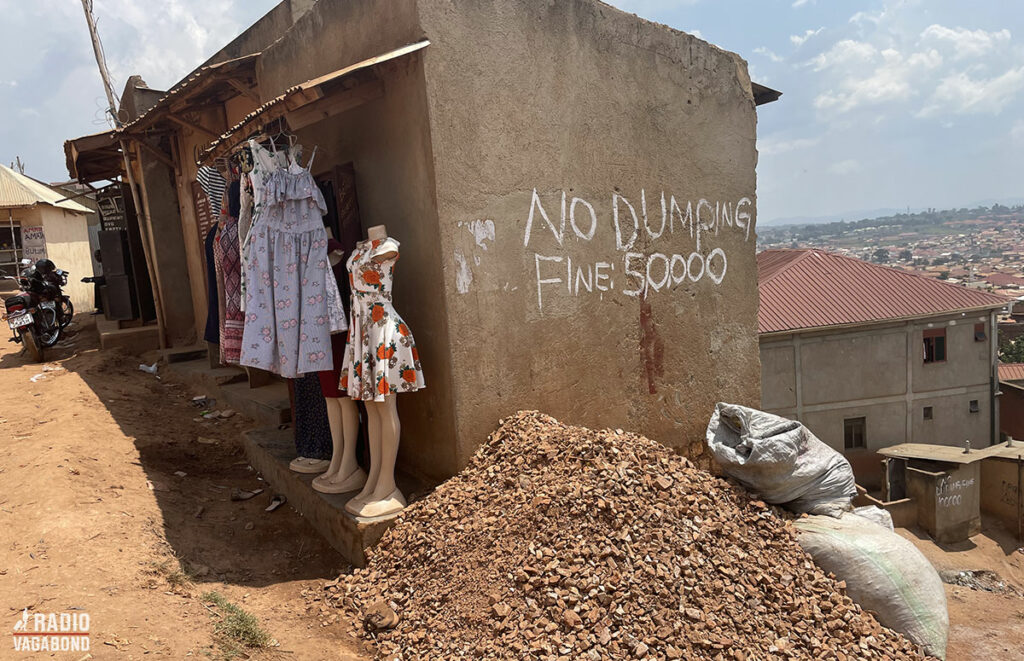
The work is backbreaking, and the conditions are far from ideal. The dust kicks up, making breathing hard and causing respiratory problems and other health issues. “These workers use a lot of energy and time, but they’re paid very little,” Susan tells me.
“A full 20-liter bucket pays only 200 Ugandan shillings – not even one Euro. So, they have to work from dawn to dusk to earn just 1000 shillings.”
It’s a harsh reality that underscores the challenges faced by those working in the quarry every day.
CHILDREN WORKING HERE TOO
As Susan pointed out earlier, it’s not just adults who work in the quarry – children can be found here too, which is a grave concern given the hazards involved. Many of these children are forced to drop out of school to support their families, who can’t afford the cost of education. This deprives them of formal education and exposes them to physical harm and exploitation. It’s a vicious cycle that needs to be broken, and the 22STARS Foundation is working hard to do just that.
“When we put the children in our program, we take them out of the quarry,” Susan tells me. “We pay for their school fees, uniforms, and provide them with daily meals. We also offer business loans to their parents to help them generate income.” It’s a comprehensive approach that has yielded positive results. Every Sunday, the foundation cooks a hot meal for every child in the program, ensuring they don’t go hungry.
The 22STARS Foundation is one of many organizations combating child labor in the quarry. Together with other NGOs and government agencies, they’re raising awareness about the dangers of child labor and offering alternative education and livelihood opportunities for children and their families. These initiatives include scholarships, school fees, and vocational training.
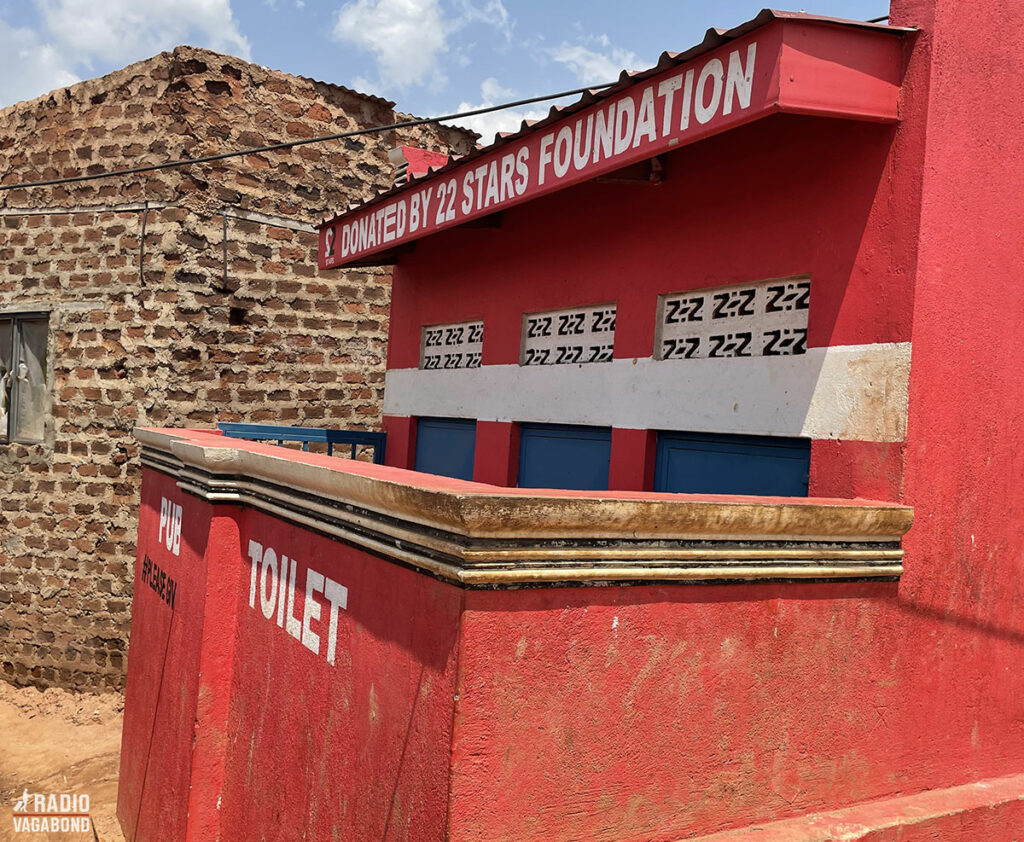
As we look down at the waterhole, a few children swim in the murky brown water. It’s a stark reminder of the unsanitary conditions they’re exposed to daily. Thankfully, the foundation also provides donated clean water to the community. Susan points to some new concrete buildings built thanks to a fundraising effort. “Before, people lived in mud houses that would collapse in heavy rain,” she explains. It’s heartening to see tangible progress being made, but there’s still much work to ensure a better future for the children and families living in the Acholi Quarter.
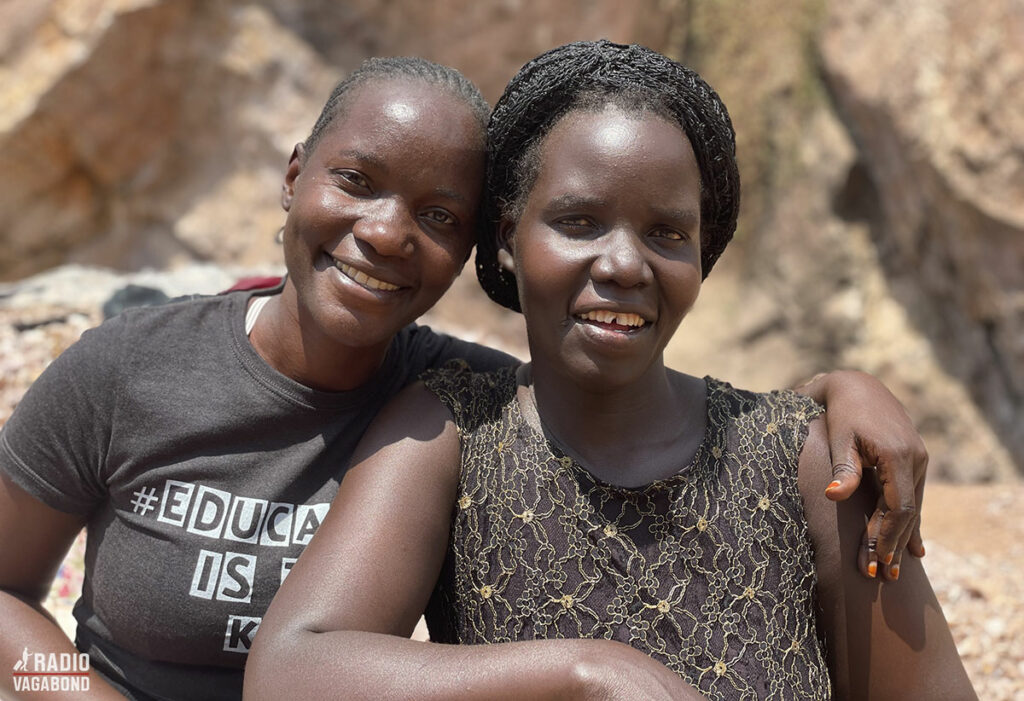
MEETING THE QUARRY TYCOON
As we prepare to depart the quarry, I’m introduced to Achan Scovia, a woman who has lived and worked there her entire life. She started crushing rocks at just five years old, but now she’s a “Quarry Tycoon,” according to Nicholas. With a microloan, she could employ other workers to make her job more manageable, and she sells the stones she extracts. Nicholas and Susan speak highly of her, describing her as a savvy businesswoman.
She started crushing stones in the quarry when she was just five years old, but already when she was just one week old, she was out here on her mother’s back when she was working here in this dusty quarry. Not exactly a healthy place to be for a newborn.
She was born into a family of quarry workers and was exposed to the dangers of the quarry from a very young age. Unable to afford to send her to school, her parents gave her away in marriage to a man who also worked in the quarry. They had two children, who also grew up working in the quarry.
“Quarry kids, quarry parents, quarry grandparents.”
Susan laughs as she describes the generational cycle of quarry work in Achance’s family, but she is also optimistic about the future. Thanks to the support of organizations like 22STARS, Achance’s grandchildren can attend school and have a brighter future ahead of them. It’s a small but meaningful step towards breaking the cycle of poverty and providing new opportunities for families like Achance’s.
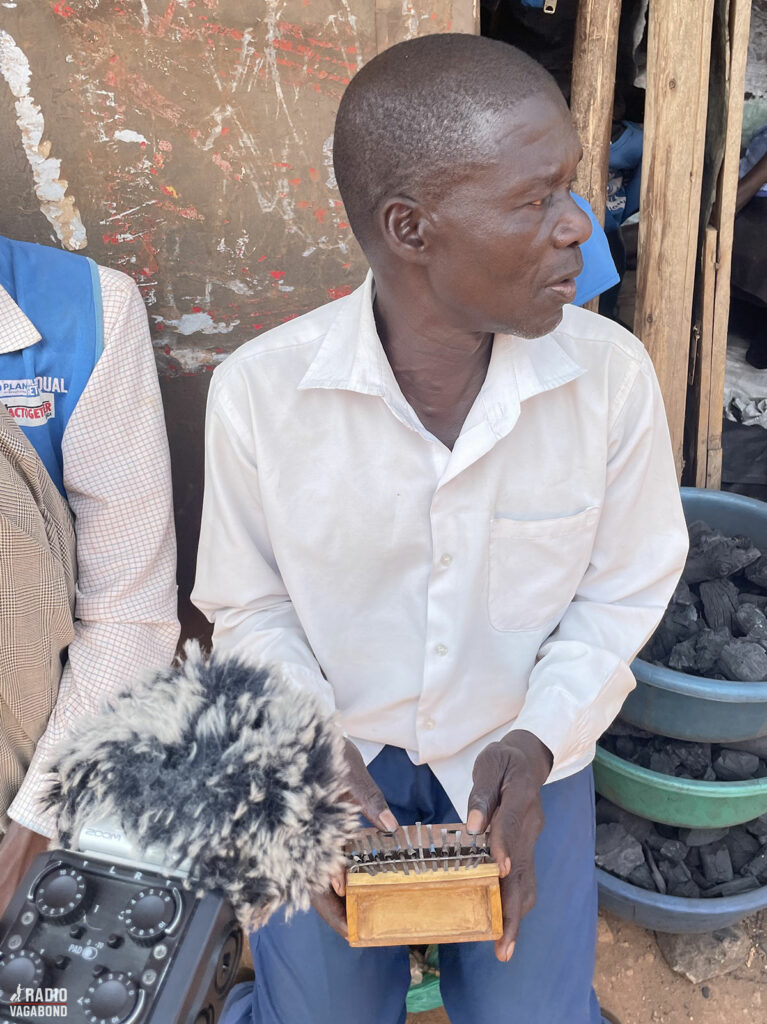
FINAL WORDS FROM SUSAN
We finish this episode with some impactful words from Susan Laker:
“I know, with the good impact we are doing, these are new generations with new jobs. We are getting doctors, nurses – no more quarry workers. So, we are driving the poverty out of our community through education. That’s why my t-shirt says, “Education is the key.” It’s the best way to drive disease and poverty out of the community. Out of Uganda. Out of Africa.
Because when you are educated about HIV, these chronic diseases, and how to control yourself from getting infected. That’s why I say it’s the way to drive out diseases. Because I had malaria, I had to go to the hospital and treat myself. But back then, no one thought anything about it. Some even said that I was “bewitched”, and that it was black magic. And they end up dying because it’s malaria! It’s got nothing to do with black magic, but they say that because they lack the education.
They don’t know that you have to see a doctor if you feel a symptom. So they end up dying. And they don’t know that they have to sleep under mosquito nets to prevent getting infected with malaria.
But when you’re educated, you know that you must sleep under mosquito nets to protect yourself from mosquito bites. That you have to see a doctor in case you have a sign.
And that’s why when someone asks me, “What is your favourite gift?” I always say that it is taking children to school, finding them education. That would be the best gift in the world. Seeing the world change, seeing my community change.
That makes me very happy. That makes me forget my past and feel like I’ve done something good to change the world.”
GET INVOLVED
If you want to support 22STARS – either by donations or by helping out in any other way, go to Foundation22stars.org. And if you’re interested in becoming a wholesaler or buying some of their amazing jewellery for yourself, go to 22stars.com.
Like they say on the website: “For every item purchased, we will help a child in need.” One pair of earrings is five pencils, one bracelet is one dental care, one clutch is one set of clothes, one necklace is one meal.
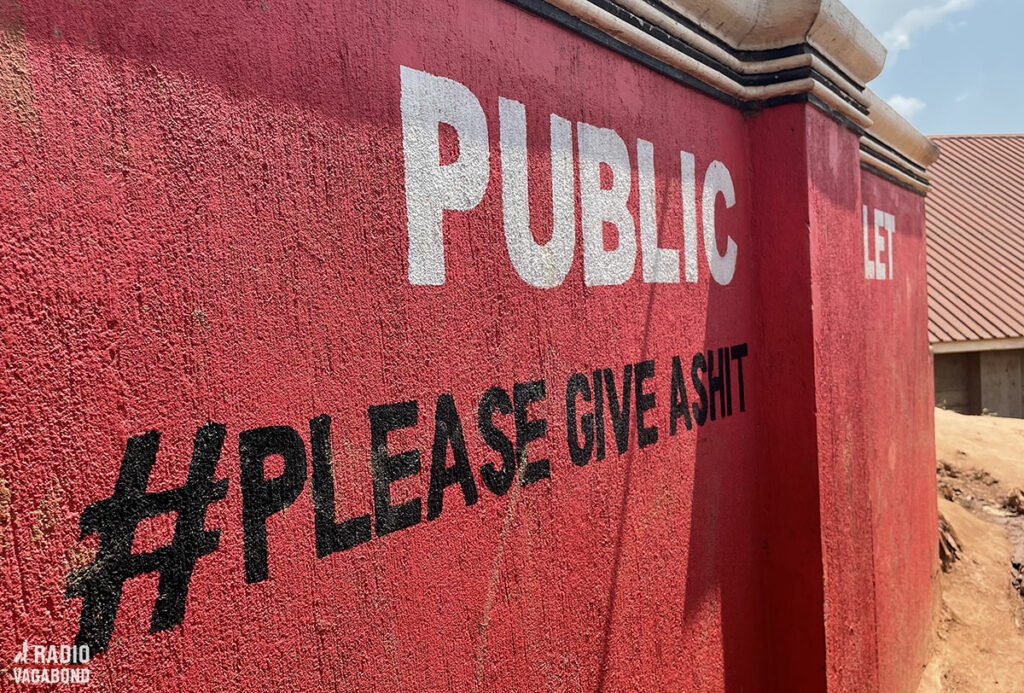
NEXT: SUSANS OWN STORY
That’s it for this episode from Kampala, Uganda, in the next. And the last one in this mini-series will focus on Susan’s story. Hear how she got angry when her parents gave her away to be married when she was just thirteen years old, and she also had her son at that age. And hear why that maybe was a good thing.
Remember to share this episode if you think that some of your friends should hear it.
My name is Palle Bo, and I gotta keep moving. See you.
JEG VIL GERNE HØRE FRA DIG
Fortæl mig hvor er du, og hvad du laver lige nu, mens du lytter til denne episode. Du kan enten sende mig en email på lytter@radiovagabond.dk eller udfylde formularen her på Radiovagabond.dk.
Eller sende en stemmebesked ved at klikke på banneret herunder.
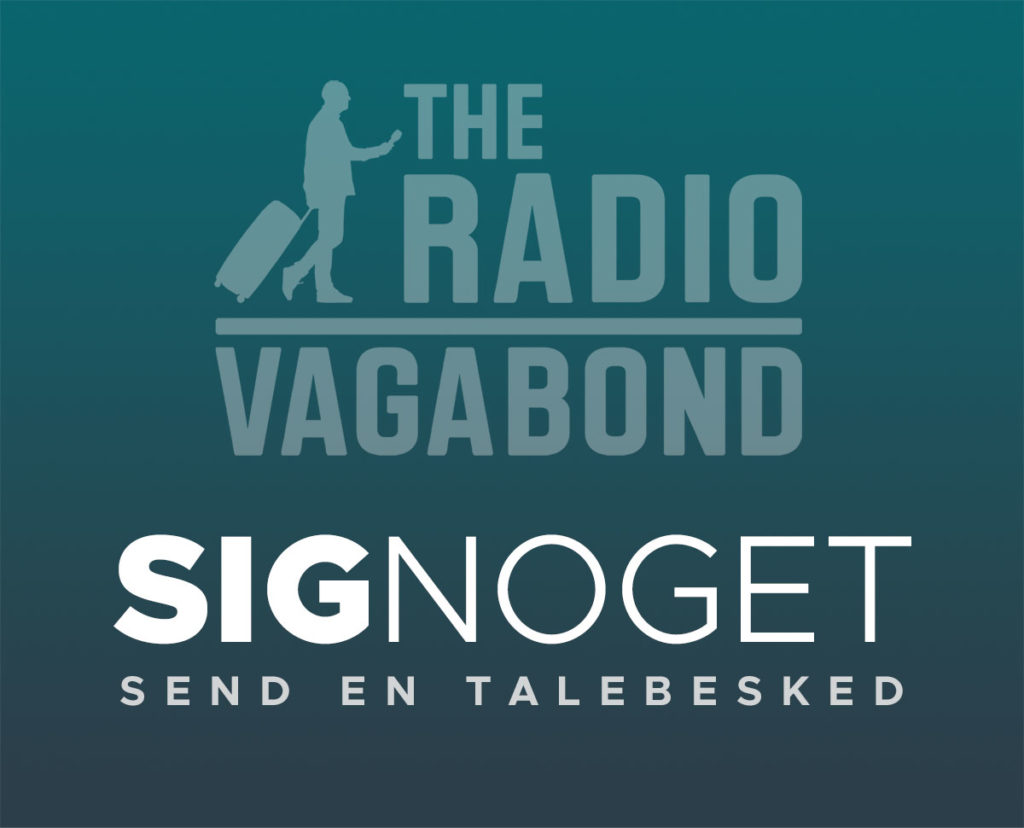
Uanset hvad du gør, vil jeg meget gerne høre fra dig. Det er altid sjovt at høre, hvem der sidder ude på den anden side af højttaleren.
DEL MED EN VEN
Har du en ven, der også er interesseret i at rejse og få inspiration til at komme ud og opleve verden? Så del denne episode. Send en besked eller ta’ telefonen og fortæl om den. Du kan også bare klikke på en af de farvestrålende knapper herunder.
SPONSOR
Som altid tak til min sponsor, Hotels25.dk. Det er et sted, du altid kan finde de bedste priser på overnatning rundt omkring i verden. Og det er garanteret den bedste pris.
RADIOGURU
Radiovagabond er produceret af Radioguru, som også kan hjælpe dig med at starte din egen podcast.
